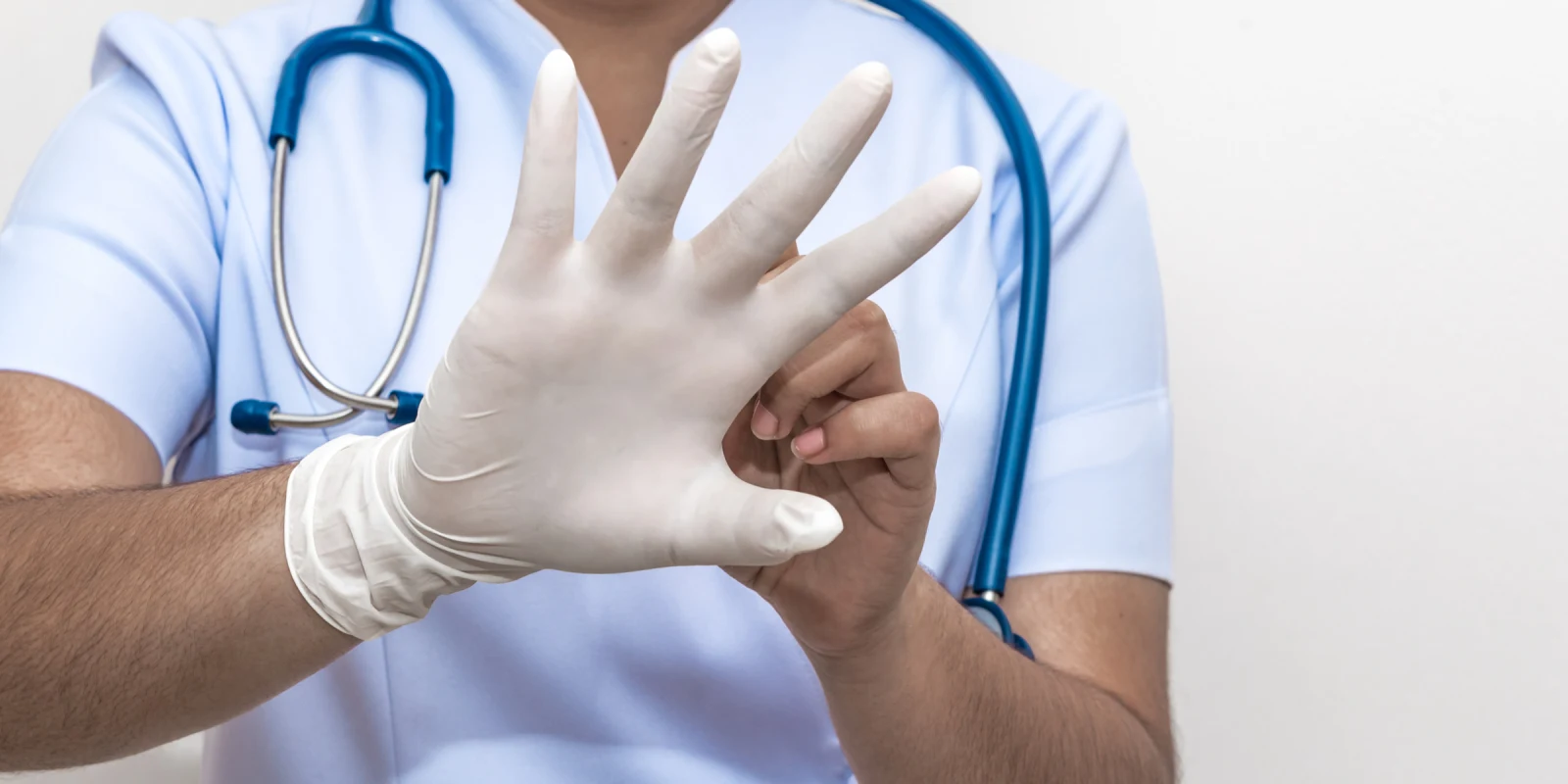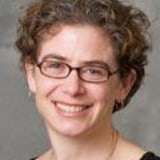
I am addicted to Facebook these days. Like everyone else, I am glued to social media, riveted by the drama unfolding around me. I read from the perspective of a primary care doctor in Seattle, the site of the first case of COVID-19 in the country. My friends and family send me regular thanks for being “on the front-lines”. In truth, I am not on the front lines. I am not in an ICU managing sick patients or even in an ER absorbing a flood of terrified humanity, wondering which of my colleagues was going to be the first to test positive. I am not scraping together ventilators from spare parts or even MacGyvering PPE’s out of transparency film.
But I am talking to terrified patients on the phone, trying to decide who should receive a test. I am gearing up in bulky PPE and standing in a cold parking garage sticking nasal swabs in people while they sit in their cars shivering, eyes watering from the invasiveness of the test. I am speaking to patients who test positive and counseling them on how to stay alive with a deadly virus rampaging through their system. I am coming home each day wondering if I am carrying an unwelcome stowaway somewhere on an inadvertently exposed part of my body.
In between all of this, I am devouring a flood of information on social media. My feed is distorted with the perspective of physicians and nurses, and much of what I read angers me. Across the country, there is a mass shortage of protective equipment for doctors, nurses, and other health care professionals without whom most of the hospitalized patients would have no chance. Over and over, I read about these dedicated individuals asked to reuse single-use equipment, make do with handmade and untested masks, provide care with little to no protection at all. I read fury, frustration, resignation, and — of course — fear.
Amid these posts, everyone else is writing about health care workers being heroes: brave and selfless. One hit home hard. It was a tweet about health care heroism. I’m paraphrasing here, but it went something like this: Society owes you a debt of gratitude. If you succumb to the virus, we will sing your praises to your children. They will know what a hero you were.
I’m sorry but no.
I am not interested in my children hearing about my heroism while I am dead and buried. I am not interested in being admired for my selflessness in caring for patients if it means risking my life.
I am not a hero.
I am a professional. Other physicians and I trained for this. We studied for years to do this work, and the vast majority of us are caring, committed, and extremely competent individuals. We care deeply about saving lives, and we can — given the right tools. We take an oath to do this, and we live by this commitment.
The “health care hero” meme is just another way to keep doctors and nurses chained to a sinking health care system. We were already drowning when we hit the proverbial iceberg that is COVID-19, and now we are doing so more rapidly and very publicly. Do not ask me to risk my life to save another. Provide me the tools and necessary equipment to do my job while keeping me safe.
I am not a hero.
I am a mother, a daughter, a lover, a sister, and a friend. I am an athlete, a member of a spiritual community, a writer, a lover of the outdoors, a part-time dog and full-time cat mom.
Do not ask me to sacrifice on the altar of medicine for profit. I am not interested. I want to tell my children and grandchildren the stories of my career, including the coronavirus pandemic, not be absent while someone else sings my praises. My death reverberates far beyond the scope of who will care for my patients.
Do not be mistaken. No one has asked me to put my life on the line — yet. But my heart hurts for all of the professionals around the world that are asked to make this choice. Historically, doctors and nurses have always put patients before themselves. The difference now is it might cost us our lives.
Dr. Rose is a primary care physician in Seattle, WA, working in an urban area with a largely immigrant non-english speaking population. She is trained in functional medicine and has been weaving integrative approaches into her practice for many years. Mom to two beautiful teenagers and spouse to a wonderful partner, Dr. Rose's current aspiration is looking for her next Spartan Race.
Image: May_Chanikran / shutterstock
Click here to see more perspectives on COVID-19 from the Doximity network.







